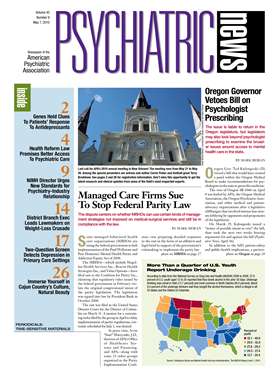A cynic is a man who, when he smells flowers, looks around for a coffin,” the American satirist H.L. Mencken once wrote.
Whether true or not, it looks as if cynics have a predilection toward depression, a large prospective study conducted by European investigators has found.
The lead investigator was Hermann Nabi, Ph.D., an epidemiologist and research fellow at INSERM (the French National Institute of Health and Medical Research). Results were published in the March Psychological Medicine.
The study included 3,399 London civil servants aged 35 to 55. Subjects were evaluated for the personality trait of cynical hostility, which is characterized by cynicism, distrust, resentment, and suspicion.
A reliable, validated instrument called the Cook-Medley Hostility Scale was used for this analysis. Subjects were also evaluated for common mental disorders with the General Health Questionnaire; for health-related behaviors such as exercise, smoking, and alcohol consumption; for stressful life events; and for existence of social supports. Also, they were asked whether they were taking antidepressants. Several times during the following 19 years, they were again evaluated for stressful life events and social support.
Nineteen years later, that is, when they were between the ages of 54 and 74, subjects were evaluated for depressive mood as determined by the Center for Epidemiologic Studies Depression Scale. Nabi and his colleagues then looked to see whether there was a statistically significant link between possessing the personality trait of cynical hostility and having a depressed mood 19 years later.
There was. In fact, it was a dose-response one, with persons scoring in the highest quartile of cynical hostility being five times more likely to have a depressed mood 19 years later than persons scoring in the lowest quartile.
Moreover, these findings were attenuated only a little when some possibly confounding variables were considered, including sociodemographic factors, health-related behaviors at baseline, depression at baseline, use of antidepressants at baseline, and stressful life events and emotional support both at baseline and several times during the next 19 years.
Cynical hostility is “a long-term vulnerability factor for depressive mood,” Nabi and his team concluded.
But why might this be? “The personality characteristic of cynical hostility is associated with increased interpersonal conflicts, lower social support, and more stressful life events,” Nabi told Psychiatric News. “All these factors have been found to be associated with an increased likelihood of being depressed.”
Their findings also have clinical implications, Nabi believes. “Since cynical hostility is a strong predictor of depressed mood over the long term, it could explain why some individuals are persistently depressed or resistant to depression treatment.”
The study was funded by the European Science Foundation, United Kingdom Medical Research Council, Academy of Finland, British Heart Foundation, U.S. National Institutes of Health, U.S. Agency for Health Care Policy and Research, and the John D. and Catherine T. MacArthur Foundation.
